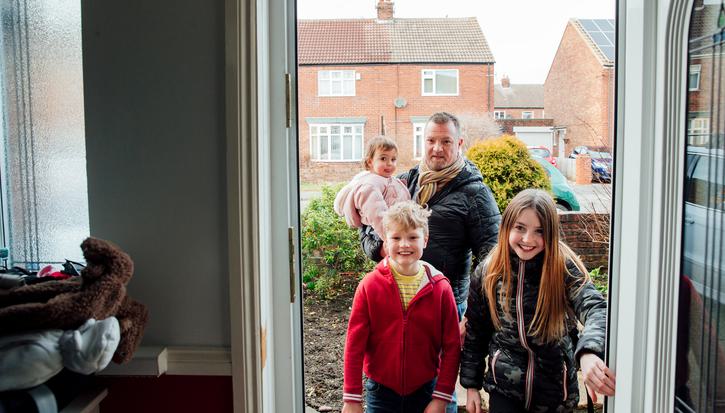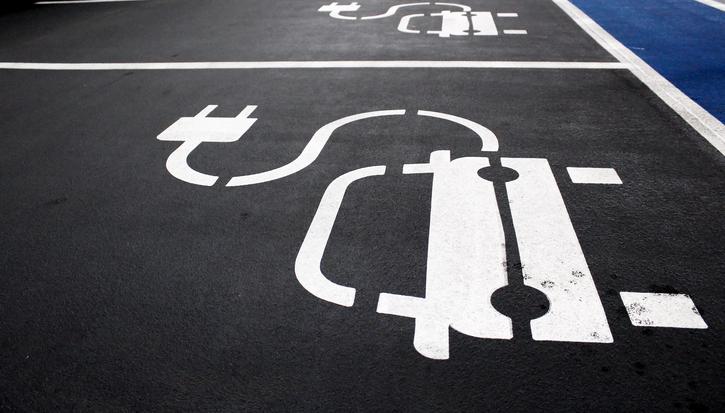Women in engineering: Fixing the talent pipeline
Article
Women account for only 7 per cent of the professional engineering workforce in the UK, and less than 4 per cent of engineering technicians – far less than in other European countries. Engineering is a well-paid career, and it is expected that there will be a serious shortage of engineers in the UK in the coming years. Increasing the number of women going into engineering therefore represents an opportunity to reduce pay inequality and address a serious threat to both the industry and the UK economy more widely.
This report demonstrates that 16 is the critical age at which women are lost to a potential career in engineering: this is the point at which far more women than men make A-level and vocational subject choices that close off pathways into careers in engineering.
However, the evidence suggests that these choices made at 16 are based on attitudes and perceptions about engineering that have been formed over many years. Engineering is still seen as a career for 'brainy boys'. Teachers, careers guidance, work experience and families do not do enough to counter this view, and are sometimes guilty of perpetuating it. Seeking to influence women at the age of 16 is too late. The key to getting more women into engineering is to make it an attractive option for girls from an early age.
We make recommendations for how to meet the four main challenges to attracting more female talent into engineering:
- ensuring that more girls acquire the prerequisites, particularly physics, at A-level
- combating unhelpful perceptions of STEM and engineering careers, among both girls and their families, as 'masculine' or 'brainy'.
- improving students' understanding of engineering careers and the engineering pathway
- making more effective use of resources in the fragmented STEM ecosystem.
Related items

The new politics of AI: Why fast technological change requires bold policy targets
The upcoming AI Action Summit in Paris is an opportunity to show how we can harness artificial intelligence (AI) as a force for societal, economic, and environmental good.
The homes that children deserve: Housing policy to support families
As the government seeks to develop a new child poverty strategy, it will need to grapple with housing – the single largest cost faced by families.
Powering up public support for electric vehicles
Tackling greenhouse gas emissions will only work if public support for action remains strong. That means ensuring tangible improvements in people’s lives and heading off any brewing backlash.